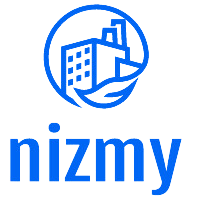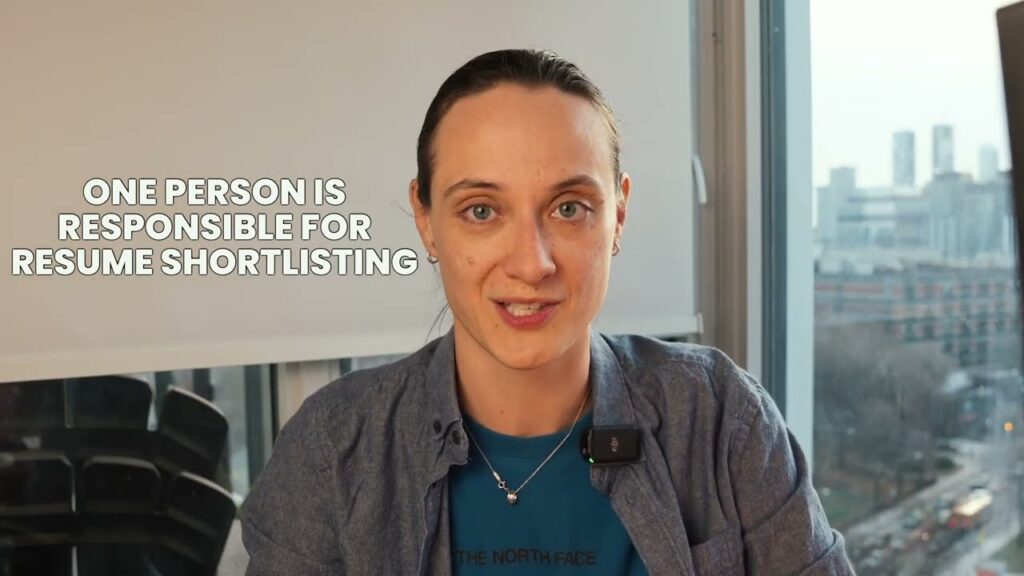PPC or Pay-Per-Click is a digital marketing strategy that involves paying for every click on your online ads. It is an effective way to drive targeted traffic to your website and increase conversions. However, mastering the art of PPC can be challenging, especially for beginners. In this comprehensive guide, we will dive into everything you need to know about mastering the art of PPC and achieving success.
The Basics of PPC
Before we delve into the details of mastering PPC, let’s first understand the basics of this digital marketing strategy. PPC works by bidding on specific keywords related to your business and industry. When a user searches for these keywords, your ad appears at the top of the search engine results page (SERP). You only pay when someone clicks on your ad, hence the name “pay-per-click.”
Understanding Keywords
Keywords are the foundation of any successful PPC campaign. They are the words or phrases that users type into search engines when looking for information, products, or services. As a PPC specialist, it is essential to understand the different types of keywords and how to use them effectively.
Types of Keywords
- Broad Match
Broad match keywords are the most general and flexible type of keywords. They allow your ad to show up for searches that include variations of your keyword. For example, if your broad match keyword is “shoes,” your ad may appear for searches like “buy shoes” or “shoe store.” - Phrase Match
Phrase match keywords are more specific than broad match keywords. They allow your ad to appear when a user searches for your exact keyword or a phrase that includes your keyword. For instance, if your phrase match keyword is “running shoes,” your ad may show up for searches like “best running shoes” or “affordable running shoes.” - Exact Match
Exact match keywords are the most specific type of keywords. They only allow your ad to show up when a user searches for your exact keyword or phrase. For example, if your exact match keyword is “black running shoes,” your ad may appear for searches like “black running shoes for men” or “women’s black running shoes.”
Using Keywords Effectively
To use keywords effectively, you must conduct thorough keyword research. Start by brainstorming a list of relevant keywords related to your business. Then, use keyword research tools like Google Keyword Planner or SEMrush to identify high-volume and low-competition keywords that align with your business goals. Remember to use a mix of broad match, phrase match, and exact match keywords to reach a wider audience and increase your chances of conversions.
Crafting an Effective PPC Ad
A well-crafted PPC ad can make all the difference in your campaign’s success. Here are some tips for creating effective PPC ads:
1. Use Compelling Ad Copy
The first step in crafting an effective PPC ad is writing compelling ad copy. Your ad copy should be concise, engaging, and speak directly to your target audience. Use powerful language and call-to-action (CTA) to entice users to click on your ad.
2. Utilize Ad Extensions
Ad extensions are additional pieces of information that appear below your ad and provide more context to your audience. Examples of ad extensions include sitelinks, callouts, and call extensions. By utilizing ad extensions, you can make your ad more informative and attractive to users.
3. Include Relevant Keywords
As mentioned earlier, keywords play a crucial role in PPC campaigns. Be sure to include relevant keywords in your ad copy to improve its visibility and relevance.
4. Conduct A/B Testing
A/B testing involves creating two versions of your ad and testing them against each other to determine which performs better. It allows you to iterate and improve your ad’s performance over time continually.
Optimizing Your PPC Campaign
Crafting an effective PPC ad is only the first step in mastering the art of PPC. To achieve success, you must continuously optimize your campaign to improve its performance. Here are some tips for optimizing your PPC campaign:
1. Monitor Your Performance
Regularly monitoring your ad’s performance is crucial to identifying areas that need improvement. Keep an eye on metrics like click-through rate (CTR), conversion rate, and cost-per-click (CPC).
2. Refine Your Keyword List
As your campaign progresses, you may notice that some keywords perform better than others. Be sure to refine your keyword list and focus on those that drive the most traffic and conversions.
3. Use Negative Keywords
Negative keywords are words or phrases that you do not want your ad to show up for. By using negative keywords, you can prevent irrelevant clicks and save money on your PPC budget.
4. Implement Bid Adjustments
Bid adjustments allow you to adjust your bids based on factors like location, device type, and time of day. Use this feature to target specific demographics and maximize your ad’s effectiveness.
Harnessing The Power of PPC Tools
Technology has made PPC management more accessible than ever before. There are numerous tools available to help PPC specialists streamline their campaigns and achieve better results. Here are some popular PPC tools you can use to master the art of PPC:
1. Google Ads
Google Ads is the most popular PPC platform, with millions of advertisers worldwide. It offers a wide range of features and targeting options to help you reach your desired audience and achieve your business goals.
2. Bing Ads
Bing Ads is Microsoft’s PPC platform and an excellent alternative to Google Ads. With less competition and lower costs, Bing Ads can be an effective way to reach a different audience and diversify your PPC strategy.
3. SEMrush
SEMrush is a comprehensive digital marketing tool that offers features for keyword research, competitive analysis, and ad management. It is an excellent tool for PPC specialists looking to optimize their campaigns and stay ahead of the competition.
4. SpyFu
SpyFu is a competitor analysis tool that allows you to see your competitors’ PPC strategy, including their top-performing keywords and ad copy. By leveraging this information, you can improve your own campaigns and gain a competitive advantage.
Frequently Asked Questions (FAQs)
Q: How long does it take to see results from a PPC campaign?
A: It depends on several factors, such as your budget, target audience, and industry. On average, it takes about three months to see significant results from a PPC campaign.
Q: Can I use the same keywords for my SEO and PPC campaigns?
A: Yes, you can use the same keywords for both your SEO and PPC campaigns. However, keep in mind that PPC keywords tend to be more specific, while SEO keywords are typically broader.
Q: What is a good CTR for a PPC ad?
A: A good CTR for a PPC ad varies depending on your industry and goals. However, a CTR above 2% is generally considered good.
Q: How much should I spend on my PPC campaign?
A: The amount you should spend on your PPC campaign depends on your business goals and budget. Start with a small budget and increase it gradually as you see results.
Q: How do I track conversions from my PPC campaign?
A: Most PPC platforms, such as Google Ads, have conversion tracking tools that allow you to track conversions. You can also set up conversion tracking through Google Analytics or other third-party tools.
Conclusion
Mastering the art of PPC takes time, effort, and continuous optimization. By understanding the basics of PPC, crafting effective ads, optimizing your campaign, and leveraging powerful PPC tools, you can achieve success in your digital marketing efforts. Remember to conduct thorough keyword research, monitor your performance, and stay up-to-date with the latest trends and strategies in the world of PPC. With dedication and perseverance, you can become a master of PPC and drive your business towards long-term success.

